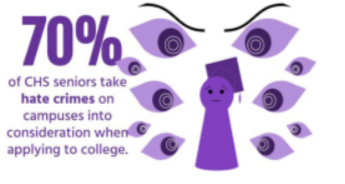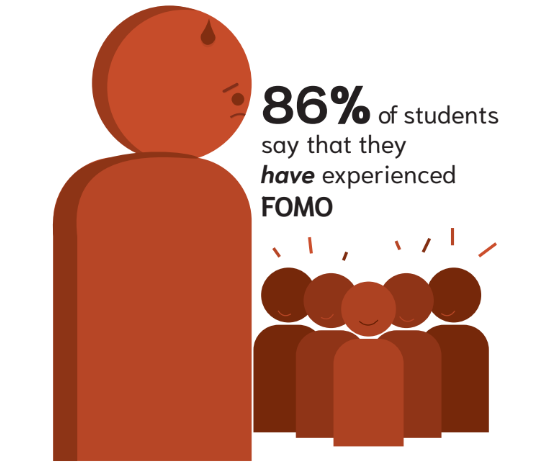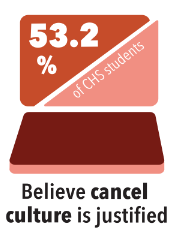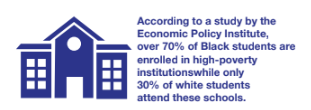The cost of a choice: weighing prestige vs. price in college decisions research
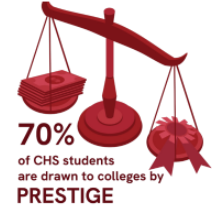
BLOT GRAPHICS BY SABRINA Z. LIDING and ZAINA SAIF
Survey of 45 CHS students from April 26,2022 to May 2, 2022.
May 20, 2022
The college decision process is not one to be taken lightly. A student’s final decision will determine the trajectory of the next four years of their life and even beyond, making the choice all the more difficult. Two main factors of the search — prestige and affordability — often clash with one another as students decide which one outweighs the other.
According to the U.S. News & World Report, the average cost of attending a ranked public college in-state is $10,388. This is about 73% less than the average sticker price at a private college, which is priced at $38,185.
The cost of attendance at any institution – public or private – is oftentimes not paid in full during a student’s time in college. This creates an accumulation of debt that the student must pay over a set timeframe after they graduate. The average amount of student loan debt per borrower is $28,950, according to Forbes.
Despite senior Sally Chik of Hazlet’s dream to attend an Ivy League school as a child because of the prestige that came with it, she eventually came to believe that the higher price tag of most big name schools was unreasonable.
“As I’ve matured, I’ve come to realize that it would make my life so much easier to graduate without any student loan debt hanging over my head,” Chik said. “The cost of college is absurd, and I absolutely refuse to pay an exorbitant amount of money just for a name.”
That sense of validation connected to attending a renowned institution isn’t only felt by Chik. In fact, 70% of CHS students say they are drawn to colleges by prestige rather than cost. Senior Dani McLaughlin of Tinton Falls explains that the idea of “prestige” has already swayed her decision in some ways.
“There are definitely schools I could attend and graduate debt free, but I do feel pressure to go somewhere ‘better,’” McLaughlin said. “I think a lot of people, myself included, want the validation of going somewhere selective. There are tangible benefits to attending these schools, so while it’s not necessary to attend a prestigious school to be successful, it does open up a lot of doors.”
One of the substantial benefits that McLaughlin referred to includes higher salaries for students after they earn their degree, but according to The Hill, this may not be the case. From 1993-2008, median earnings for graduates from very selective schools increased by 4%, while those from less selective and open admission schools rose by 7%.
As a business major committed to UT Austin’s Canfield Business Honors Program, which is ranked as the fifth best undergraduate business program in the nation according to the U.S. News & World Report, senior Liam Stemetzki of Wall knows the pressure of going somewhere prestigious all too well.
“I wouldn’t say that prestige impacted my final decision in any way but it definitely influenced which colleges I applied to,” Stemetzki said. “I think it was a really important aspect of my decision process because there are so many people majoring in business each year, and I knew a school with a great reputation and name recognition would set me apart.”
Although students like Stemetzki prioritized program and school rankings, many others, like senior Caroline Nesci of Middletown, who is committed to the University of Vermont for biological sciences, concentrated more on price and her love for UVM when making her final decision.
“UVM isn’t a very prestigious school, but I didn’t really care about that at all,” Nesci said. “I loved the location and it was within my price range, so nothing else really mattered to me. A name is just a name — it’s not worth $300K in debt. A degree is a degree.”
Nesci isn’t the only student who feels this way, according to the 2021 Fidelity Investments College Savings & Student Debt Study. The survey showed that four in ten high school students rated cost as the “most important” factor in choosing a college. Many colleges have taken notice of this preference, with colleges such as Harvard, Swarthmore and Vandderbilt meeting 100% of demonstrated financial need without loans for students, according to College Vine.
Whether or not a student chooses their college based on standing or cost, Chik believes that the institution a person attends doesn’t define their value as a person.
“I’m no longer seeking [prestige] as some sort of validation because it’s not important to who I am as a person, or my happiness,” Chik said.





